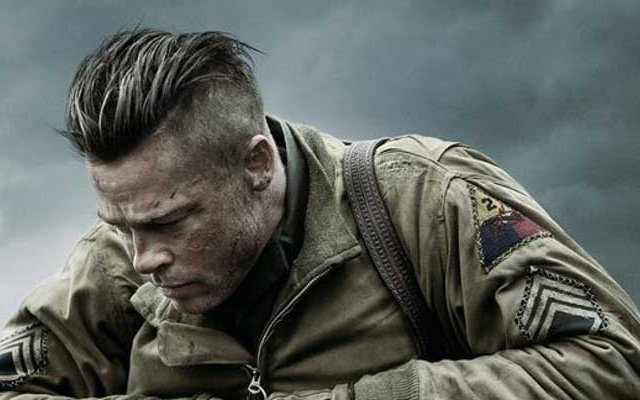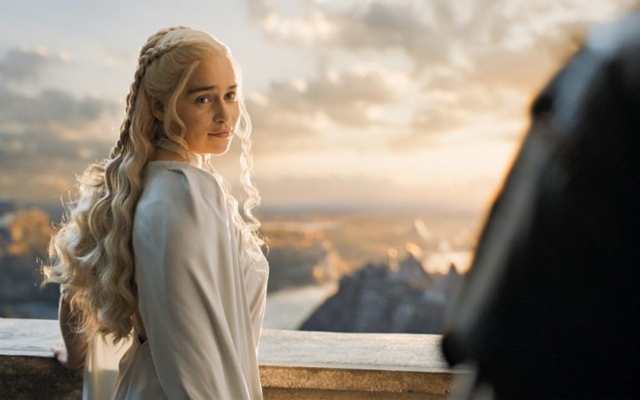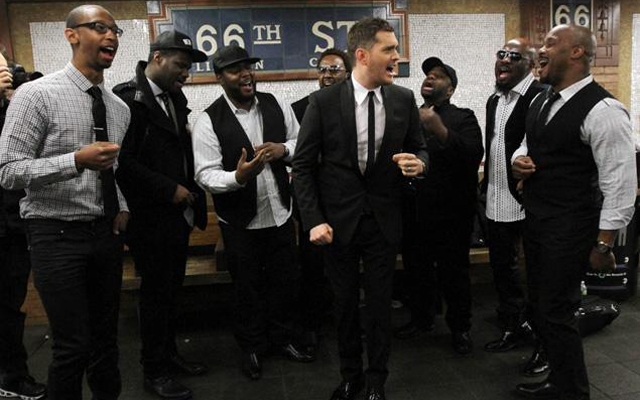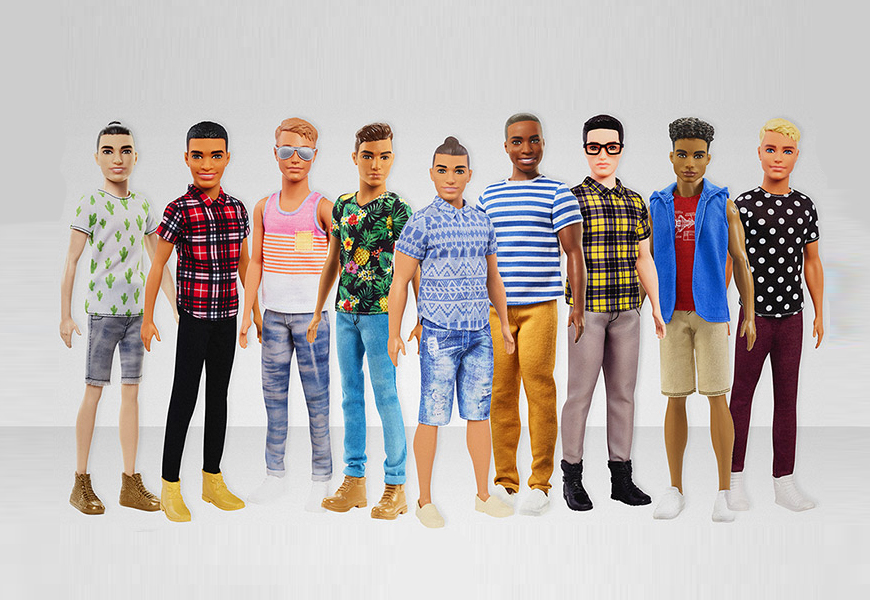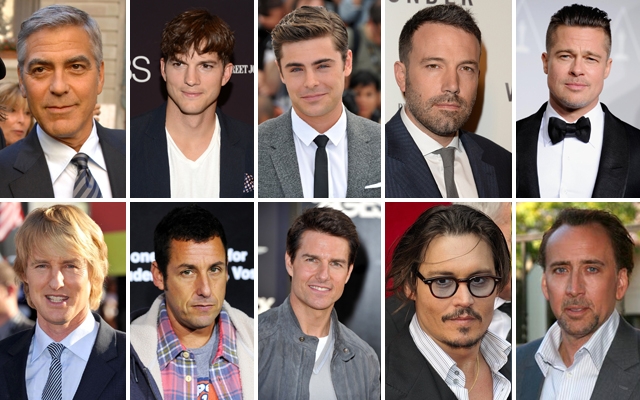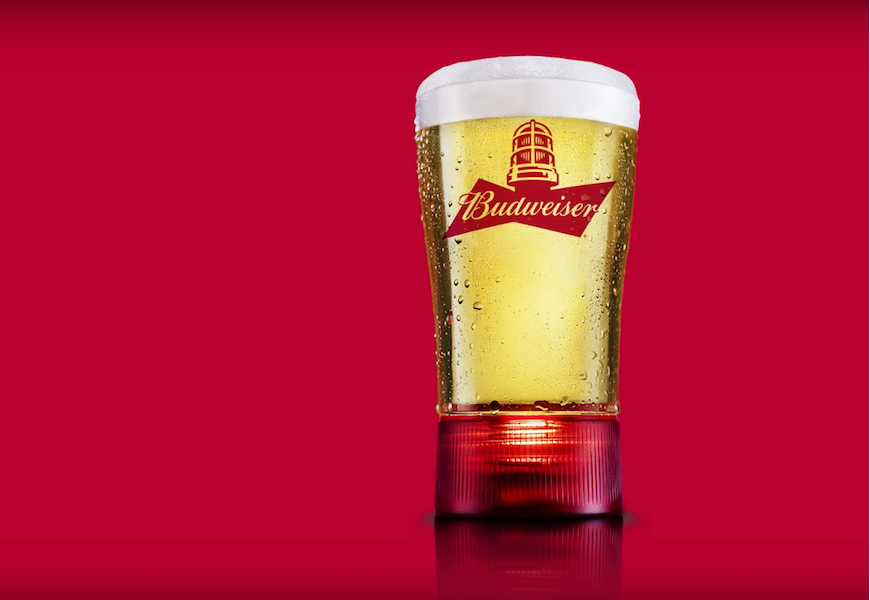Fury is a grisly World War II film told by the five-man unit that operates the titular Sherman tank as they push through Nazi Germany in April 1945.
Written and directed by David Ayer (writer of Training Day, director Street Kings), the film stars Brad Pitt as the battle-scarred commander of a crew that includes hardened soldiers Shia LaBeouf, Michael Pena and Jon Bernthal. After losing one of their allies, the group is handed Army newcomer and clerical specialist Logan Lerman as they continue deeper into the war-torn country.
And it’s really good.
Ayer doesn’t hold back in the action sequences – they’re played up close and you see bullets and mortars explode through bodies and buildings. They offer the most stunning visuals of the film, but they also serve to illustrate the weariness, angusih and torture the men live inside this tank wear on their faces and carry on their shoulders. It’s one thing to hear them talk about fallen comrades and walk around always on the brink of an emotional outburst, but you understand where it comes from when they’re rolling through ambushes and assaults, allies dying all around them.
What’s interesting is that while the five actors that make up this tank unit all deliver strong performances, this isn’t a film driven by dialogue and conversations. It’s mostly banter and bickering with a few to-the-point lectures dropped into those few places where they’re needed (and one place where it’s a little awkward), but for the most part, it’s appearances and action that tell this story, which is enjoyable.
Perhaps the best part about this film is that it doesn’t sugarcoat what is transpiring or try to soften the blows – it hits you and hits you hard.
There is a point midway through the film, just after the group is clearing out of a town, where Pitt points out a city that is burning in the distance to Lerman, who still hasn’t quite adjusted to being the co-driver of this tank and says to him something along the lines of “this war is going to end soon, but before it does, a lot more people are going to have to die.”
He doesn’t shout and it’s not delivered as a “rile up the troops for battle, let’s go kill us some bad guys” call to arms – it’s the frank, miserable reality of war and that is something Fury depicts extremely well.

